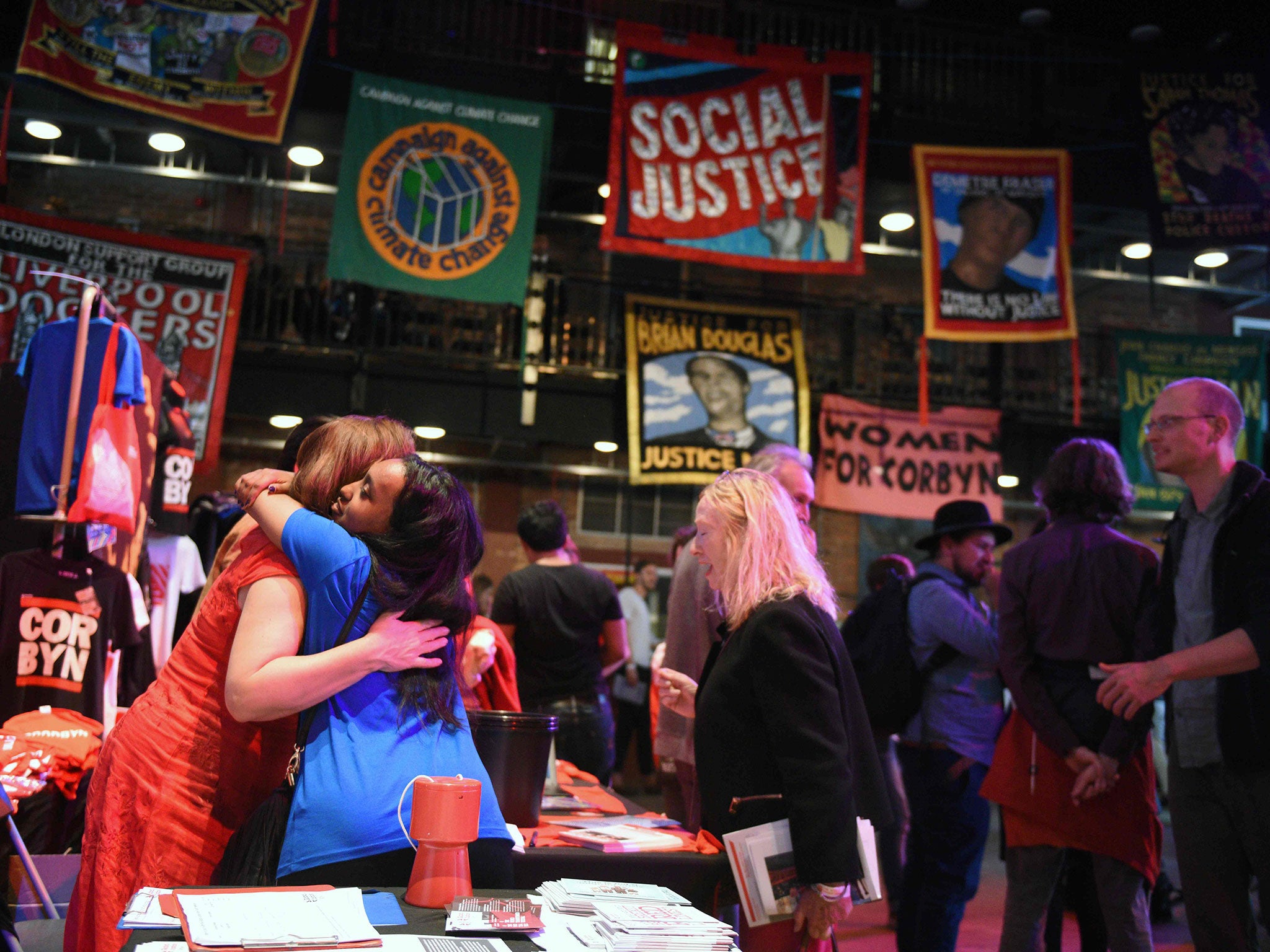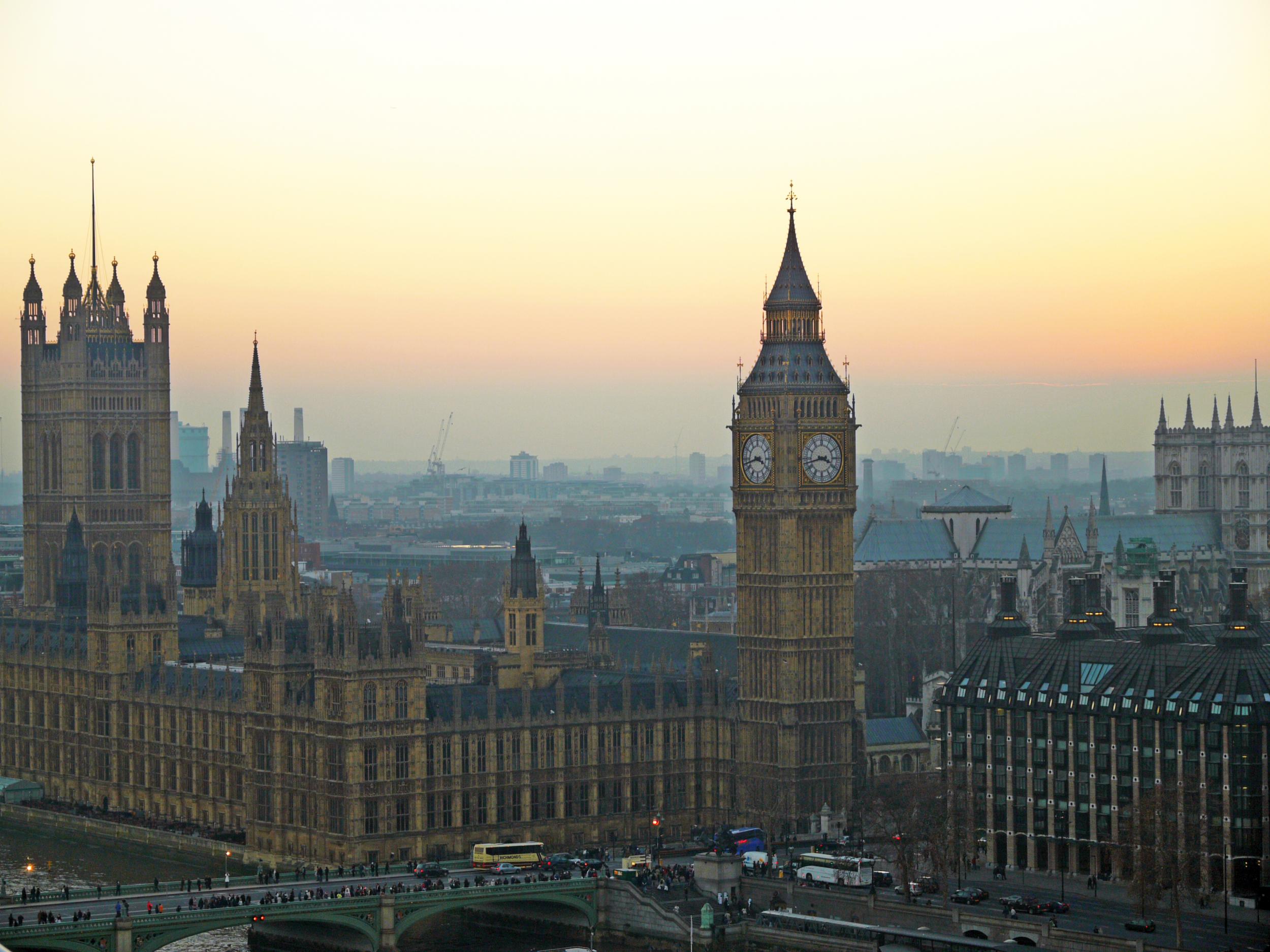Your support helps us to tell the story
From reproductive rights to climate change to Big Tech, The Independent is on the ground when the story is developing. Whether it's investigating the financials of Elon Musk's pro-Trump PAC or producing our latest documentary, 'The A Word', which shines a light on the American women fighting for reproductive rights, we know how important it is to parse out the facts from the messaging.
At such a critical moment in US history, we need reporters on the ground. Your donation allows us to keep sending journalists to speak to both sides of the story.
The Independent is trusted by Americans across the entire political spectrum. And unlike many other quality news outlets, we choose not to lock Americans out of our reporting and analysis with paywalls. We believe quality journalism should be available to everyone, paid for by those who can afford it.
Your support makes all the difference.Labour MPs want to scrap a planned cut in the number of MPs because they are “frightened” of being deselected by supporters of Jeremy Corbyn, the Commons has heard.
The Parliamentary Constituencies (Amendment) Bill, brought forward by Labour MP Pat Glass, would scrap the Government’s move to reduce the number of MPs to 600.
It would also mandate the use of a more up-to-date electoral register when redrawing constituencies boundaries, give more flexibility to the size of parliamentary seats.
Tory MP David Nuttall however said the “real reason” the private members bill had been brought forward was because Labour MPs were scared of being de-selected by allies of Jeremy Corbyn, notably Momemtum.
“Isn't it the case the reason why this Bill has been brought forward is that there are so many members on the benches opposite who are frightened of re-selection because of the threat of Momentum taking their seats?” he said. “That's the real reason why this Bill has been brought forward”.
A number of Labour MPs will have to face votes from their local party to retain their seats if the total number of seats is reduced – as it will not always be obvious which MP sits in which seat.
Labour MPs who have been critical of Jeremy Corbyn’s leadership are worried that members might select someone with views closer to their own and the leadership’s.

Ms Glass replied to Mr Nuttall: “I think that the unfortunate intervention is not helpful and just exemplifies why people out there get so angry about people in here. This is about something bigger than ourselves."
The Labour MPs is herself not standing at the general election, having previously indicated that she is planning to step down.
The Bill passed its second reading by 253 votes to 37 and will now progress to the committee stage. The Government has the numbers to block the Bill at a later stage if it chooses to.
She argued that the Bill’s provision to enact boundary reviews only ever 10 years rather than five years was important because it would help keep MPs accountable.
“By reviewing the boundaries every five years we ensure that practically every constituency will change every five years, and we weaken the MP accountability to our constituency and our votes. Because every five years the voters will be different people,” she said.
Tory MP Mark Harper however said: “Listening to some MPs talk about the constituencies they currently represent they do sound like they think they own them.
“They feel like the minute an independent boundary commission proposes to change them to better represent the constituents that live there they seem to take that as a personal affront.”
The boundary review seeks to equalise the size of parliamentary consituencies to within 5 per cent and to re-draw boundaries so there are only 600 consituencies. Parties other than the Conservatives are set to do far worse under the proposals.

Join our commenting forum
Join thought-provoking conversations, follow other Independent readers and see their replies
Comments